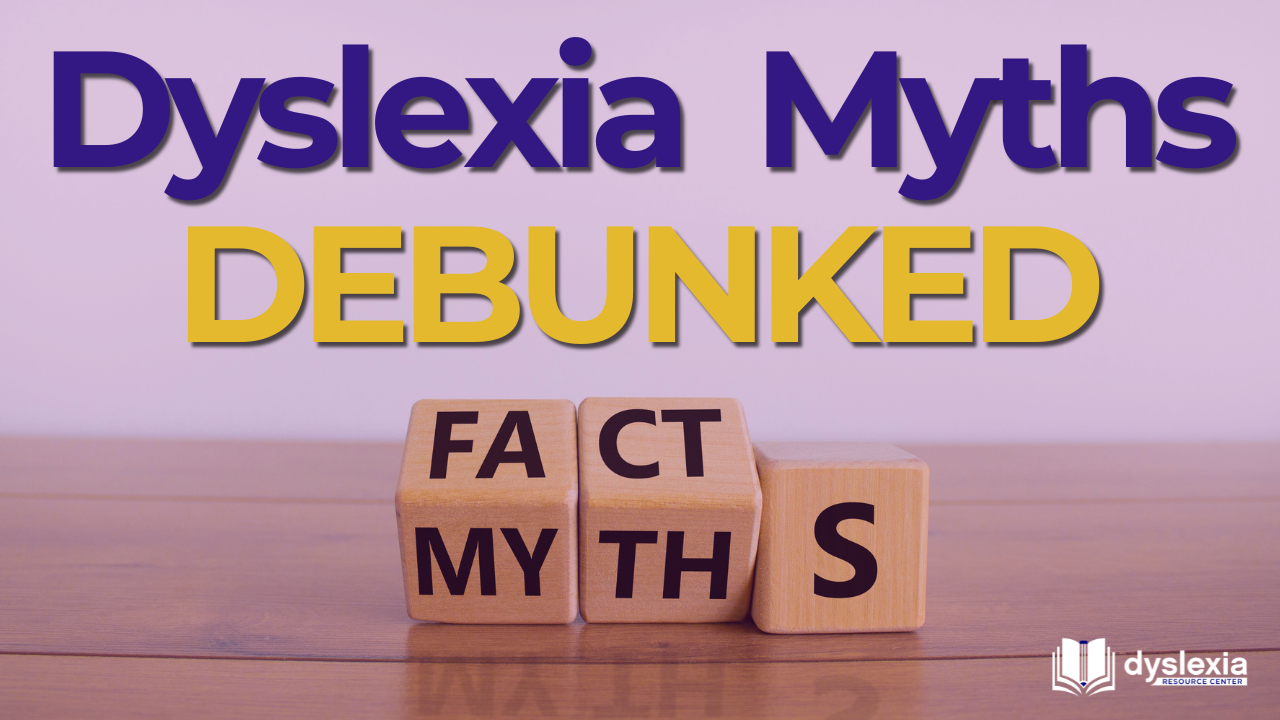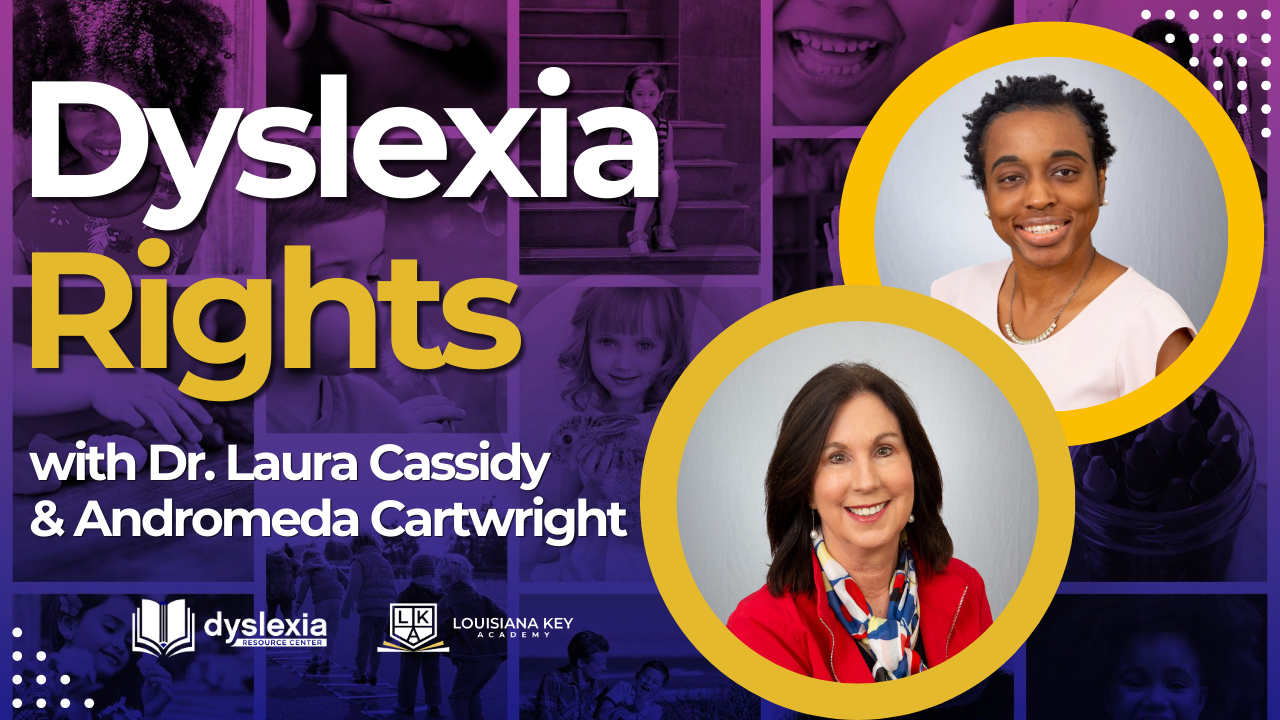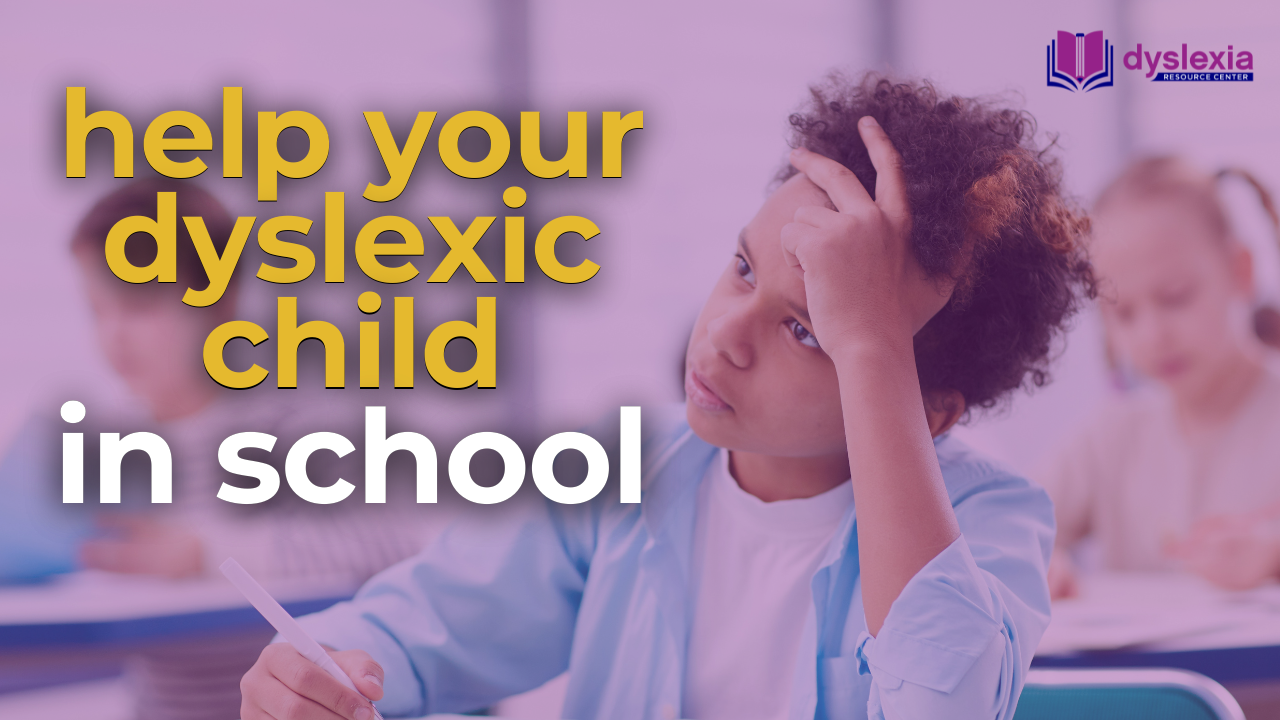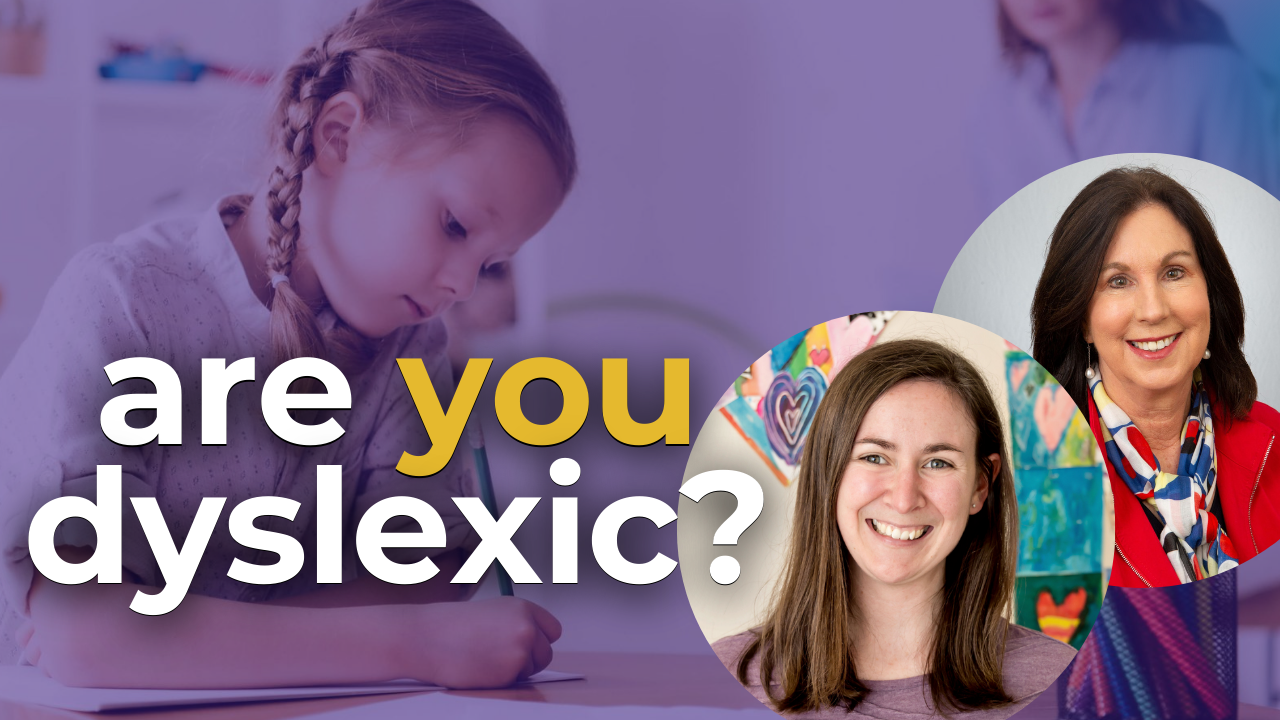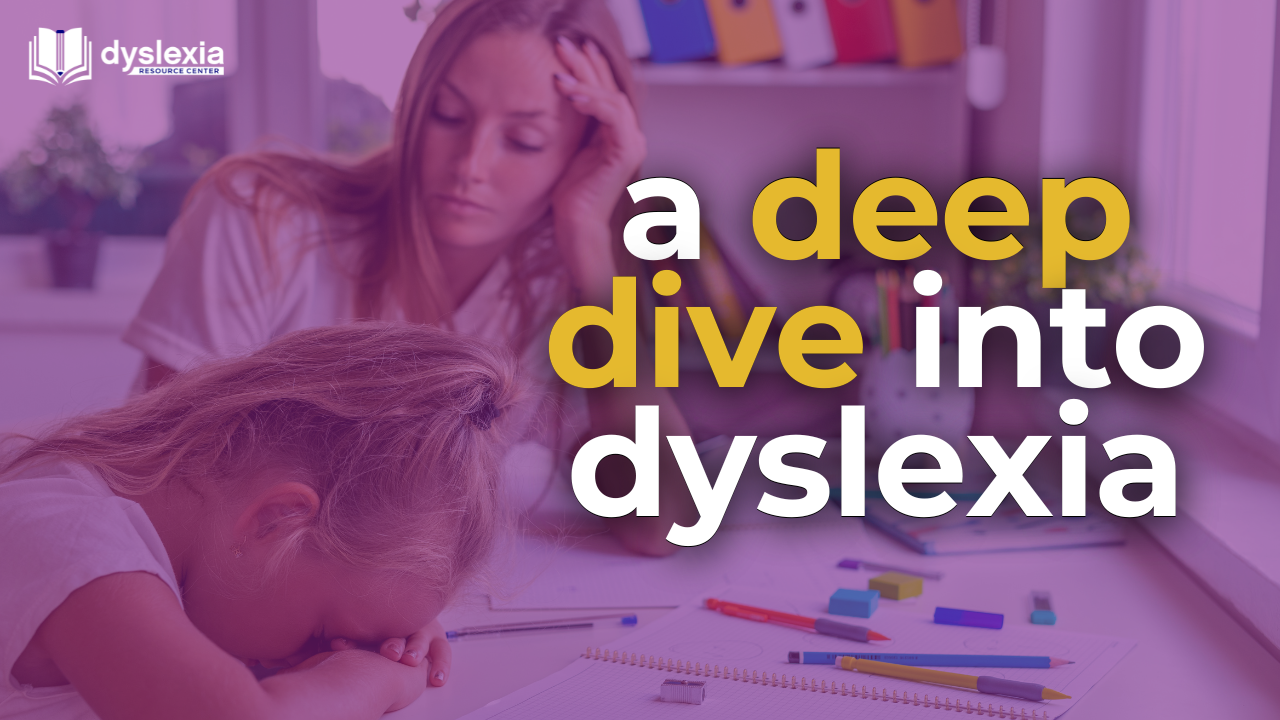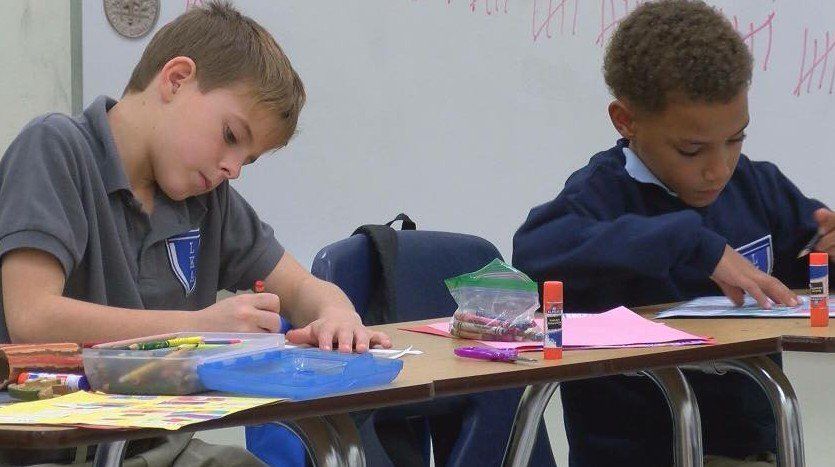Call Us (225) 384-5484
Does A Standardized Test Predict College Entrance And Graduation for Dyslexic Students?
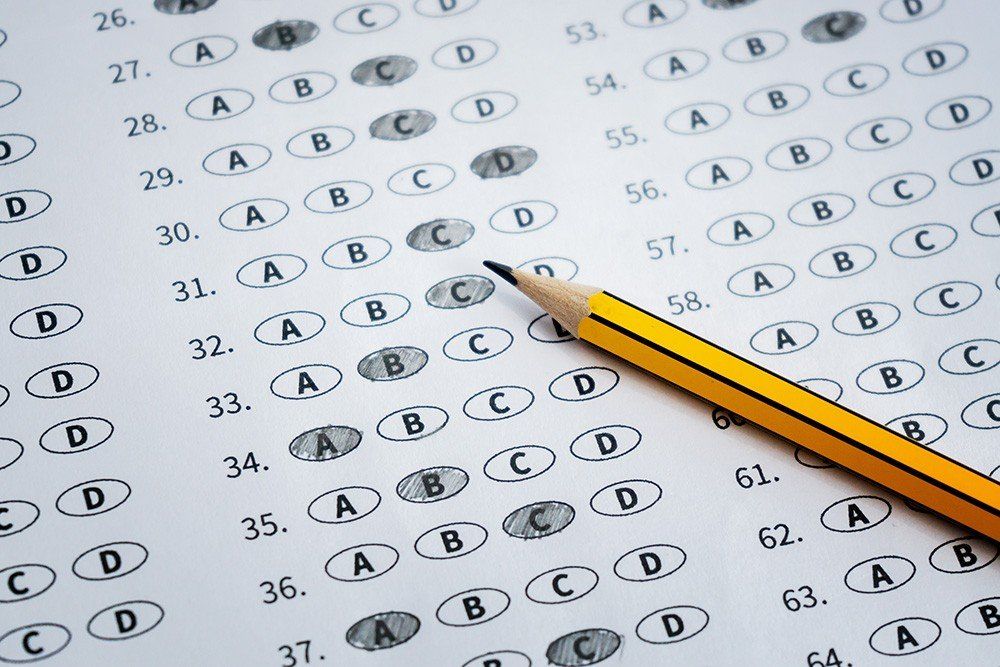
Standardized Tests from the LEAP to the ACT and the Dyslexic Student
Standardized testing in 3rd grade and beyond has become the accepted evaluation of student learning and teacher effectiveness. It is said that standardized testing is necessary to prepare children to take the ACT as a junior in high school. Does a standardized test in the 3rd grade and beyond predict college entrance and graduation for dyslexic students?
Dyslexic students struggle on standardized tests. They are multiple choice tests. They are long tests. They have lots of words that the student has to work to decode- read accurately. If you have to work hard to figure out what the word is, you have less energy to then decide what the word(s) mean.
The standardized test measures the dyslexic child's weakness and not their strength. It does not reveal their intelligence, their persistence, or their knowledge. It can lead to the child and teacher feeling defeated.
In a school for dyslexic students, such as Louisiana Key Academy, the teachers understand dyslexia and realize the standardized test does not measure their effectiveness or the children's potential to get into college. If a dyslexic child is not reading on grade level, which would be most dyslexic children, the teacher should work on teaching the child to read and write on grade level (for all subjects) rather than teach to a test that does not measure their knowledge but measures their disability.
Accountability is a great idea but to be fair to schools like LKA, accountability has to be valid. Most dyslexic students are sitting in schools and are not identified as such. They make up about twenty percent of the students but at LKA they are 100% of the students. The failing scores of dyslexics at other schools are diluted by nondyslexic students. Not so at LKA.
What are valid ways to measure progress in dyslexic students?
- Dyslexic students could be measured against other dyslexic students
- a more valid test could be created for dyslexics
- measures of reading fluency (the goal for a smart dyslexic) could be tested.
Most importantly, educators and parents need to understand what dyslexia is and that these bright children don't outgrow their dyslexia.
In a system of standardized testing, reassurance of their intelligence and outlets for their creativity are important. This system will eventually change over time, as college admissions have changed, but the children in elementary school currently need to be identified as dyslexic
and given a n education based in current science
, such as those at LKA. Their self esteem and life time aspirations depend on it.


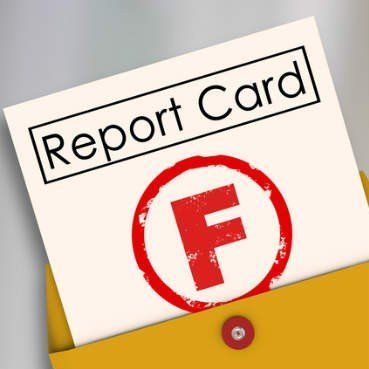
Quick Links
What is Dyslexia?
Dyslexia Services
WHO WE ARE?
The Dyslexia Resource Center was started by a group of concerned parents, medical doctors, and advocates who simply want everyone to know the truth about dyslexia, based on the most current science, and how that knowledge can translate into success in the classroom.
WHAT IS DYSLEXIA?
An unexpected difficulty in reading for an individual who has the intelligence to be a much better reader.
All Rights Reserved | Dyslexia Resource Center

